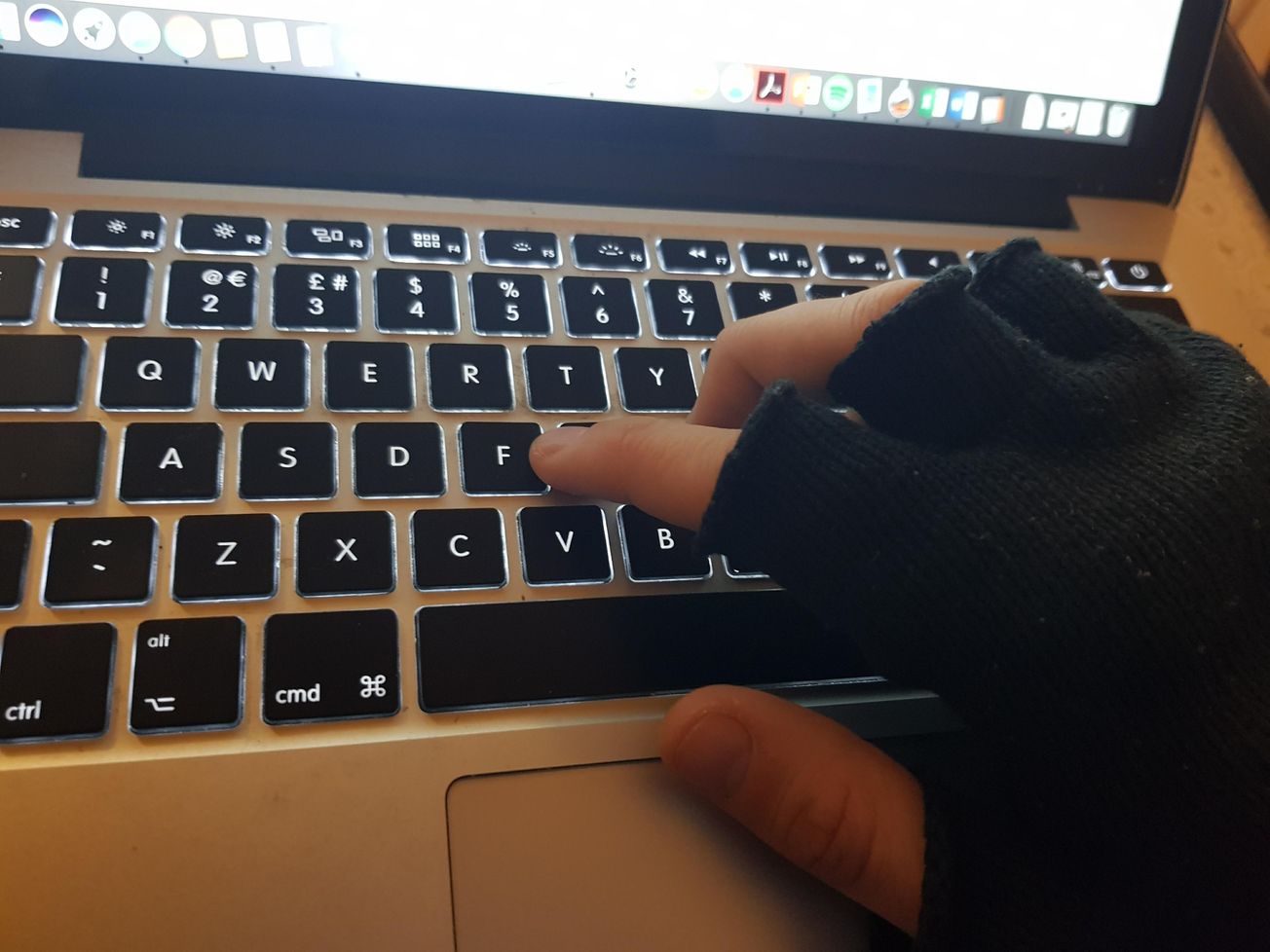Epigram is an independent and neutral newspaper, aiming to publish opinions from across the student body. To respond with an opposing opinion, please contact comment@epigram.org.uk
Will Charley argues that more must be done to stop the online abuse of MPs from all sides of the political spectrum.
Last month, the press produced a flurry of reports about four MPs receiving death threats including the words: 'We will take lives on [your side]. We are coming'.
On the same day, Conservative MP Zac Goldsmith dealt with a letter to a constituent stating: 'You [a Brexiteer] can no longer be tolerated. We are coming for you. We are going to kill you'.
6 prominent Leave campaign donors have received identical death threats'
— Cllr.Brian Silvester (@CllrBSilvester) 9 February 2018
The letters said,
"You have stoked the fires of Brexit and led us to this moment.
You can no longer be tolerated.
We are coming for you.
We are going to kill you”.
Scary stuff.https://t.co/MAK74ULQKY
We might stop, be temporarily surprised and pretend that this is news, but in reality, the abuse, and intimidation of politicians around the country has become routine. Although the media may have recently reported on the supposed intolerance of students, the vastly greater issue is the rise in MPs receiving severe online abuse.
The notion that students are intolerant to controversial ideas at universities holds little weight, if political journalists were only to set foot on a university campus. Whilst a minority of hard-left students might be making a huge amount of noise embarrassing themselves at talks by yelling idiotic slogans and hyperbole, the majority of students are open to and actively engage in controversy and ideas they disagree with.
"The vastly greater issue than 'student intolerance' is the rise in MPs receiving severe abuse online"
On the flip side, the online abuse of MPs is all too real, and not only that, it is the genuine threat to our democracy that often fails to gain the attention that it deserves.
In December 2017, the parliamentary Committee on Standards in Public Life stated that social media was “the most significant factor driving harassment, abuse and intimidation.”
Through the relative anonymity granted by platforms such as Twitter and Facebook, individuals have begun to routinely send hate-filled messages to Members of Parliament, often statements that are threatening or intimidating in nature. For example, during the June 2017 election, Asian female MPs received on average 132 abusive tweets each.
"During the June 2017 election, Asian female MPs received on average 132 abusive tweets each."
So, in the wake of harassment of MPs, Theresa May stated that the government is getting involved, with the Law Commission reviewing current legislation on abuse. May is seeking to update the statutes so that 'the criminal law, which was drafted long before the creation of social media platforms, is appropriate to meet the challenges posed by this new technology'.
This is good news.
Some argue that it is inherently bad for the government to be policing what can and cannot be said online. However, it is vital that MPs are able to go about their daily life without abuse.
Far from the government creeping on the toes of free speech and closing down debate - an argument that often comes up in relation to student culture - any future legislation would simply be shutting down an unacceptable misuse of social media. Ideally, new legislation would make it easier to charge people for threats and for racist and sexist harassment, the likes of which are common for individuals such as Diane Abbott.
Diane Abbott holding her seat and increasing her vote share after the racist and misogynistic abuse she's received. #GE2017 #BBCelection pic.twitter.com/OqPgyavgGp
— Killmonger's Dark Side (@DatUncleOfYours) 9 June 2017
Of course, people should always be free to criticize and even attack MPs for their policies, their social views and their political actions which some may deem misled or naïve. However, a society in which MPs cannot even 'show their face... without direct action', to quote John McDonnel, is not a dystopia that should be permitted.
In particular, for students who have grown up forever accompanied by the internet, Twitter can come across as a place to vent frustrations at MPs with seemingly few consequences. Whilst the vast majority of students are normal, law-abiding individuals, it would be a lie to state that none of the abuse culture on twitter is generated by bitter students, who have always used social media to vent frustrations. New laws might make students think twice before tweeting abuse to an MP that has angered them for no good reason.
Moreover, new legislation should also be a warning to the national press, often the source from which online abuse stems.
"#A society in which MPs cannot even 'show their face [...] without direct action', to quote John Mcdonnel', is not a dystopia that should be permitted"
On the 14th December 2017, the Daily Mail featured the headshots of 11 MPs who had voted against the government on a key Brexit vote, and called these politicians 'self-consumed malcontents' who had committed 'treachery'.
The Daily Mail front page isn't so much a real newspaper front page as a grubby old man sobbing while trying frantically to pleasure himself in a supermarket toilet.
— Will Black (@WillBlackWriter) 13 December 2017
Hard Brexit is as unlikely as Paul Dacre and most Daily Mail readers waking up virile tomorrow pic.twitter.com/wmKcp0QOIT
As a result, MP Anna Soubry reported that she was told online that she should be 'hung in public' and Commons Speaker John Bercow had to clarify that MPs are 'never mutineers, traitors nor enemies of the people'.
Whilst I fully support a free press and believe that it is a vital aspect of a healthy democracy, this level of personal criticism often creates a precedent that leads to certain individuals taking it further and directly harassing or even threatening MPs.
"Threats, intimidation and sexist abuse is utterly unacceptable, whether in person or online"
So, it is high time that we dropped the mantra of 'sticks and stones will break my bones, but words will never hurt me'. Threats, intimidation and sexist abuse is utterly unacceptable, whether in person or online. Fundamentally, the government needs to have a greater policing presence online.
Featured image: Epigram / Ed Southgate









